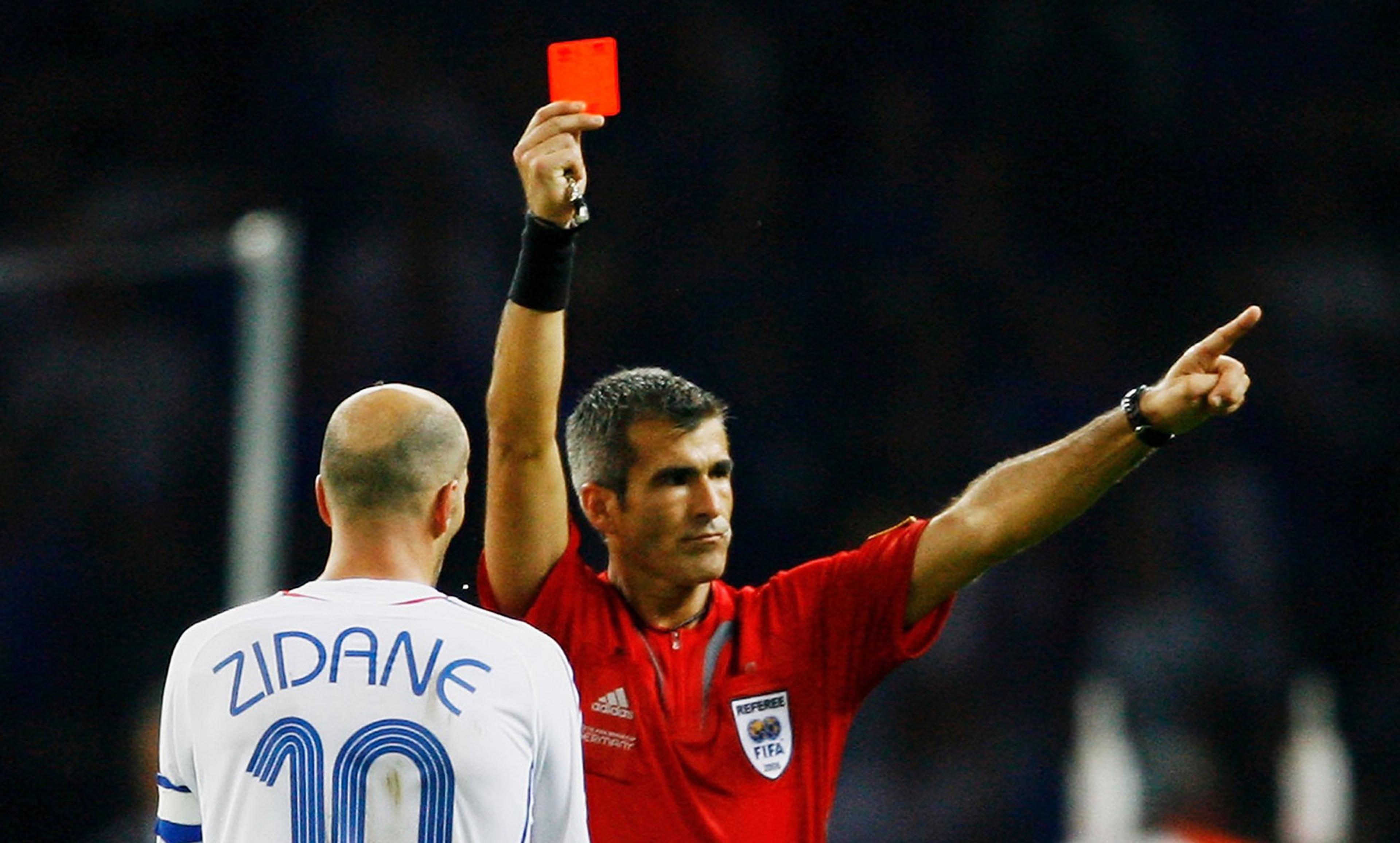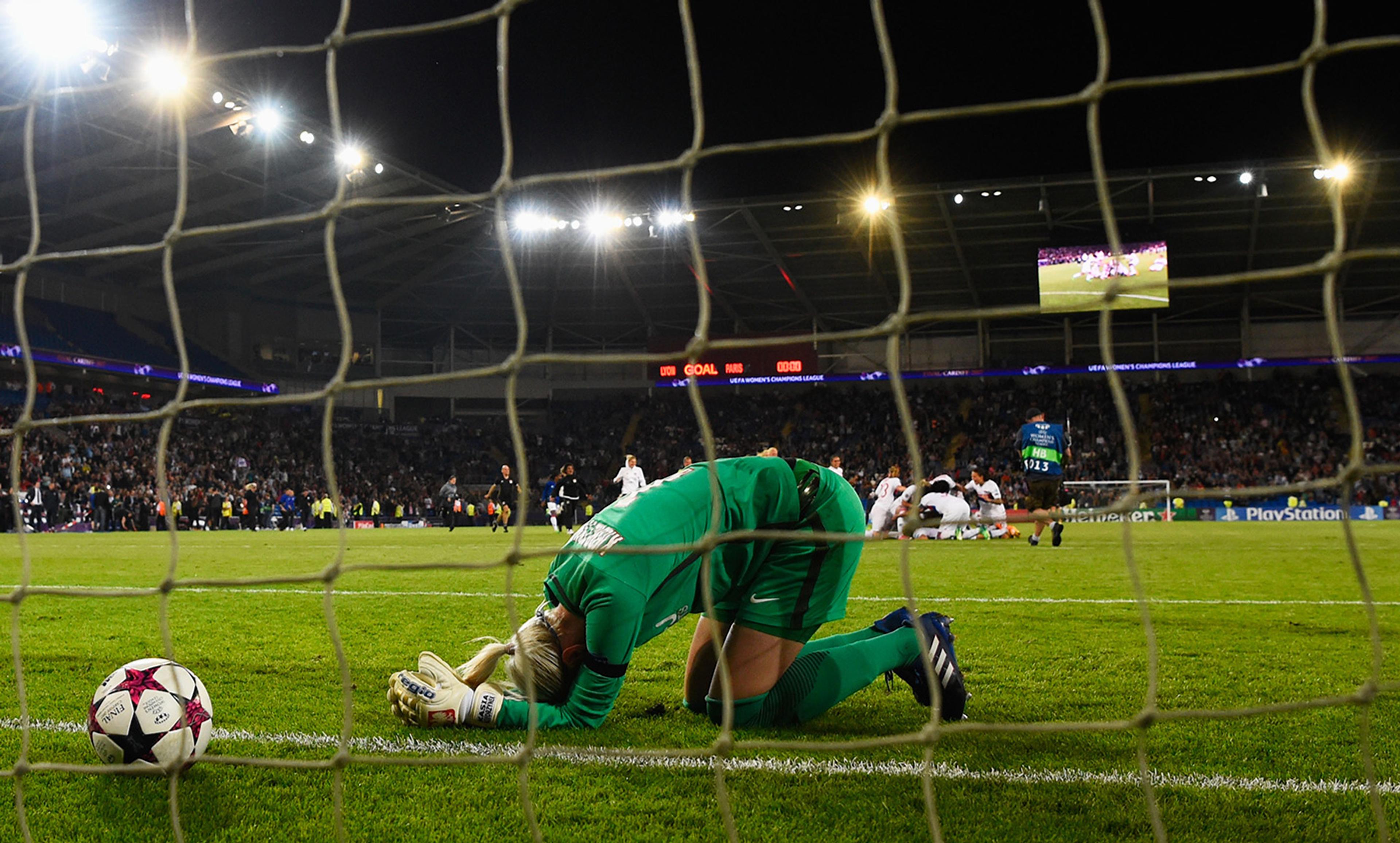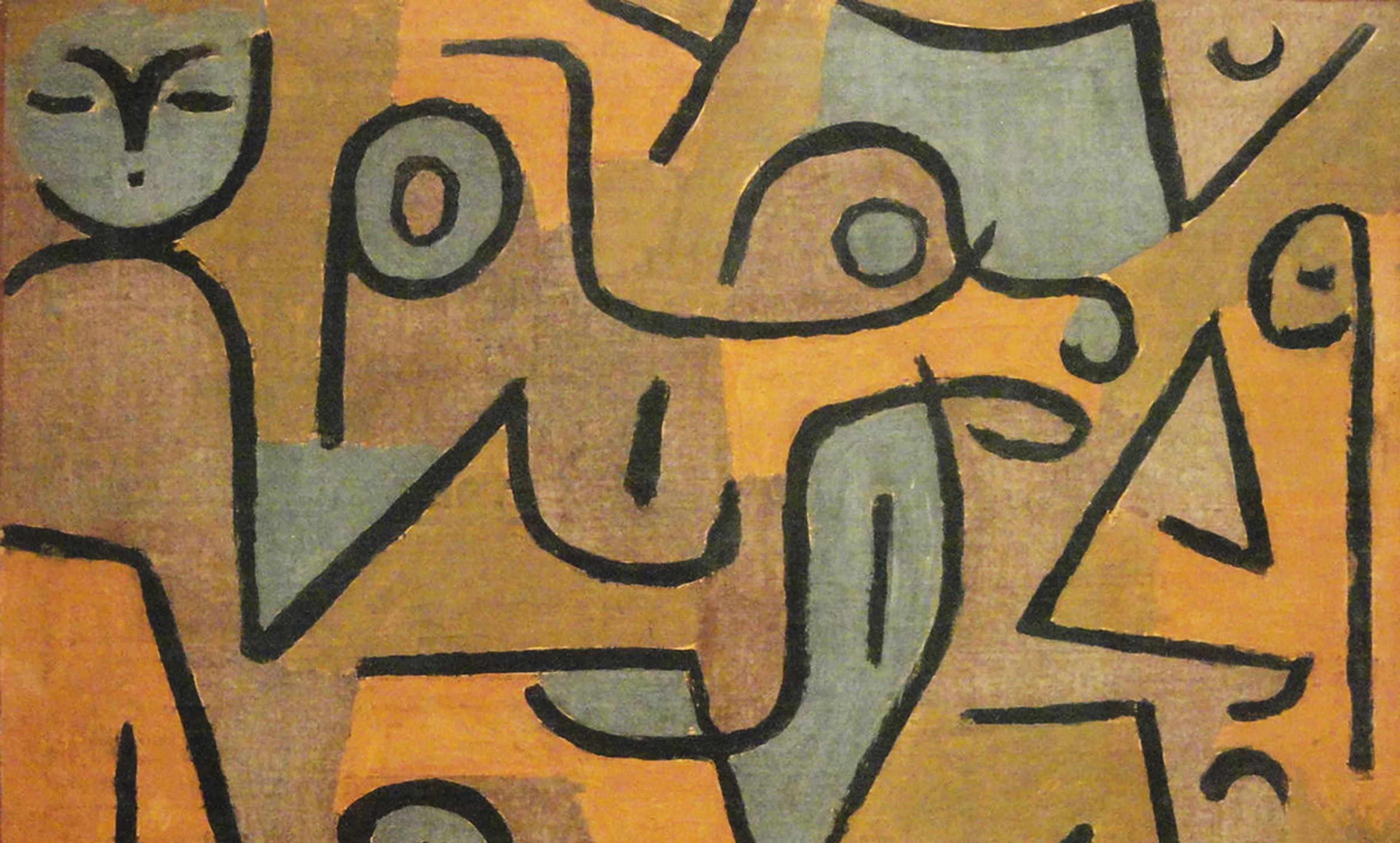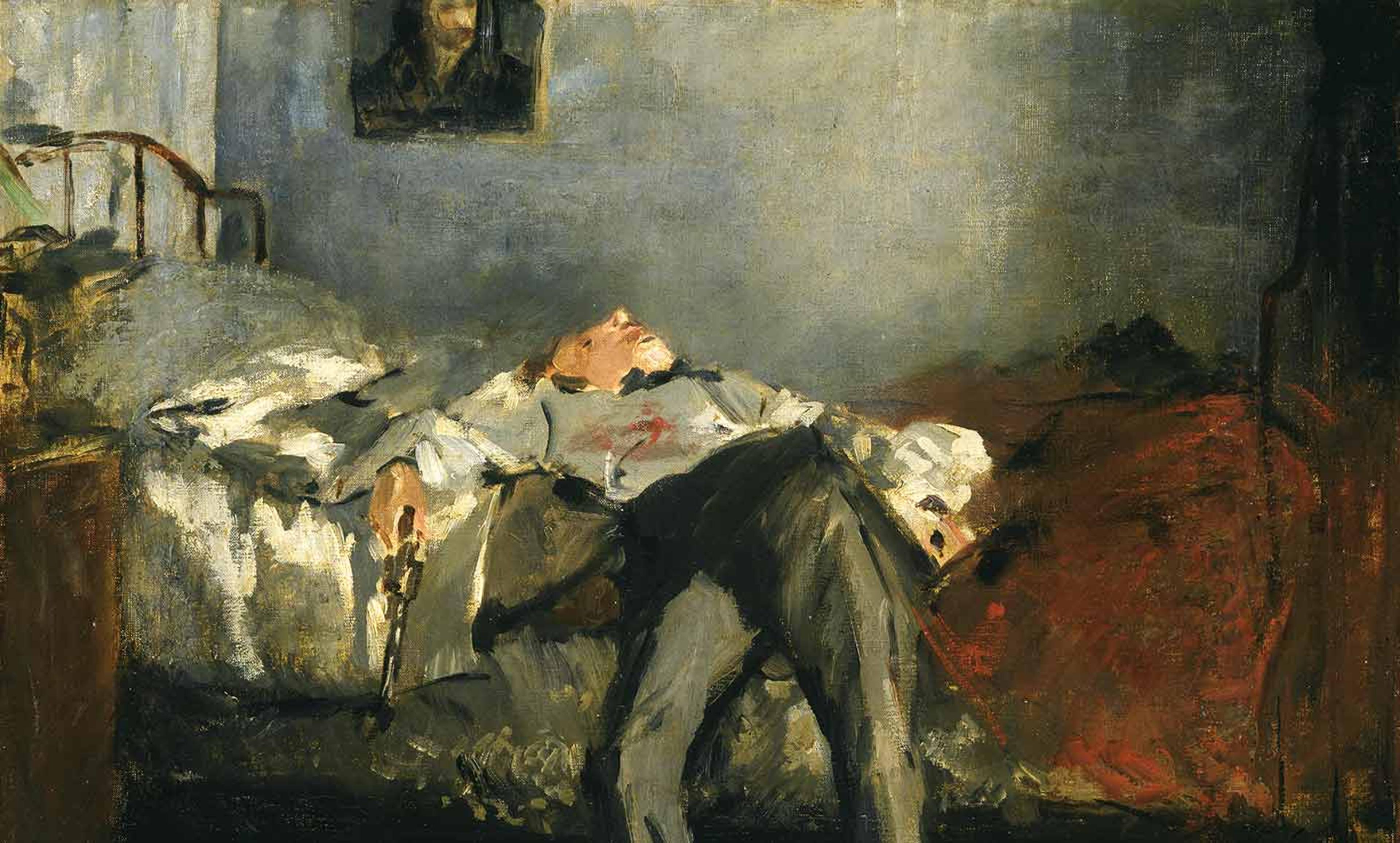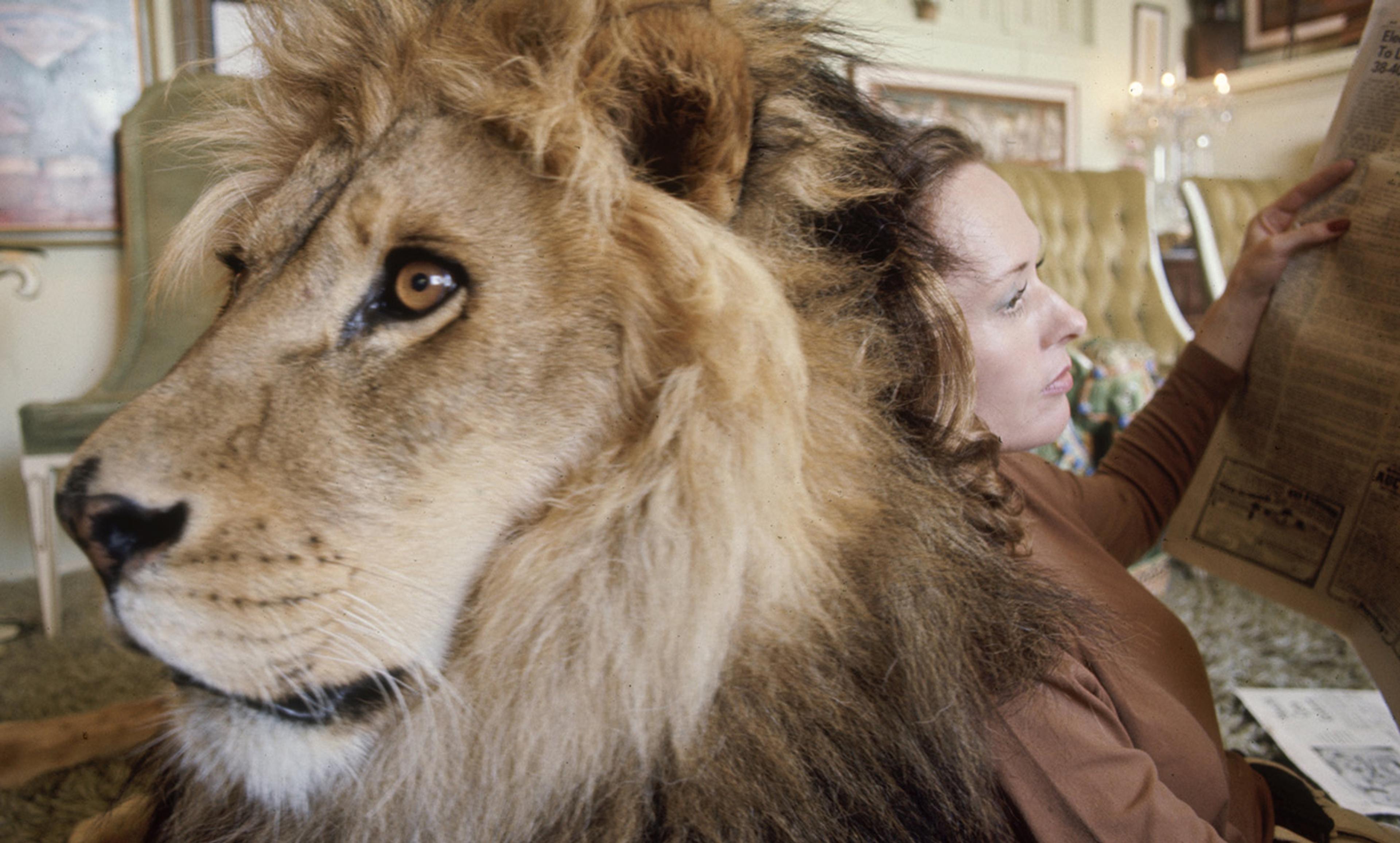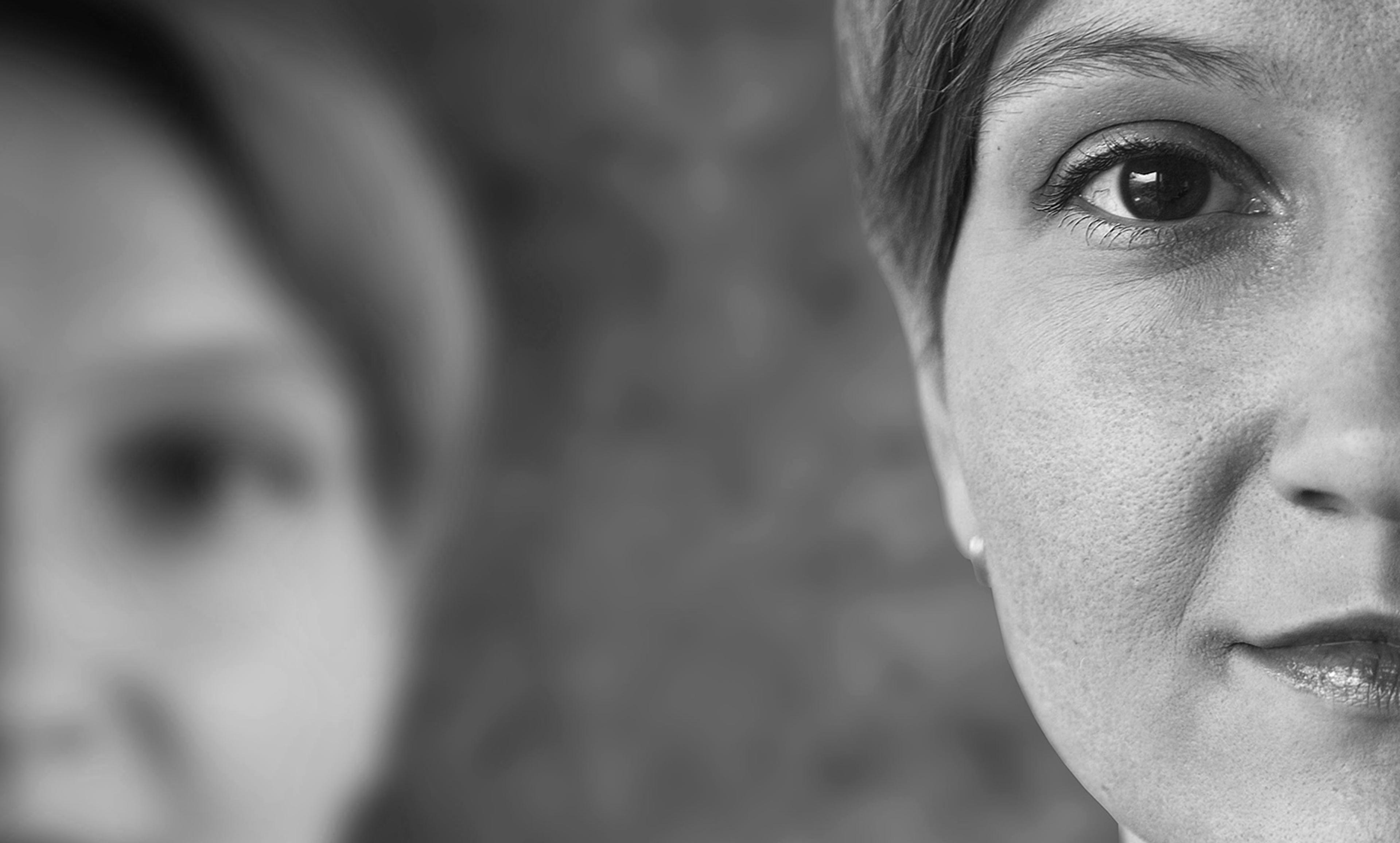French captain Zinedine Zidane is sent off during the 2006 World Cup final in Germany. Photo by Shaun Botterill/Getty
I’m trying to concentrate on writing this piece, but my two grandchildren in the room next door have stopped making paper aeroplanes and started arguing. ‘You kicked me,’ yells Freya. Her brother Ben insists it was an accident. ‘I didn’t mean to,’ he cries.
Why should this be an excuse, I wonder? The pain is the same in either case.
But Freya is more concerned with Ben’s intention than the pain. ‘You did it deliberately,’ she says. But did Ben hit her on purpose? How do we know, and why should it matter?
We humans like to think of ourselves as mindful creatures. We have a vivid awareness of our subjective experience and a sense that we can choose how to act – in other words, that our conscious states are what cause our behaviour. Afterwards, if we want to, we might explain what we’ve done and why. But the way we justify our actions is fundamentally different from deciding what to do in the first place.
Or is it? Most of the time our perception of conscious control is an illusion. Many neuroscientific and psychological studies confirm that the brain’s ‘automatic pilot’ is usually in the driving seat, with little or no need for ‘us’ to be aware of what’s going on. Strangely, though, in these situations we retain an intense feeling that we’re in control of what we’re doing, what can be called a sense of agency. So where does this feeling come from?
It certainly doesn’t come from having access to the brain processes that underlie our actions. After all, I have no insight into the electrochemical particulars of how my nerves are firing or how neurotransmitters are coursing through my brain and bloodstream. Instead, our experience of agency seems to come from inferences we make about the causes of our actions, based on crude sensory data. And, as with any kind of perception based on inference, our experience can be tricked.
Look at this picture of a domino:
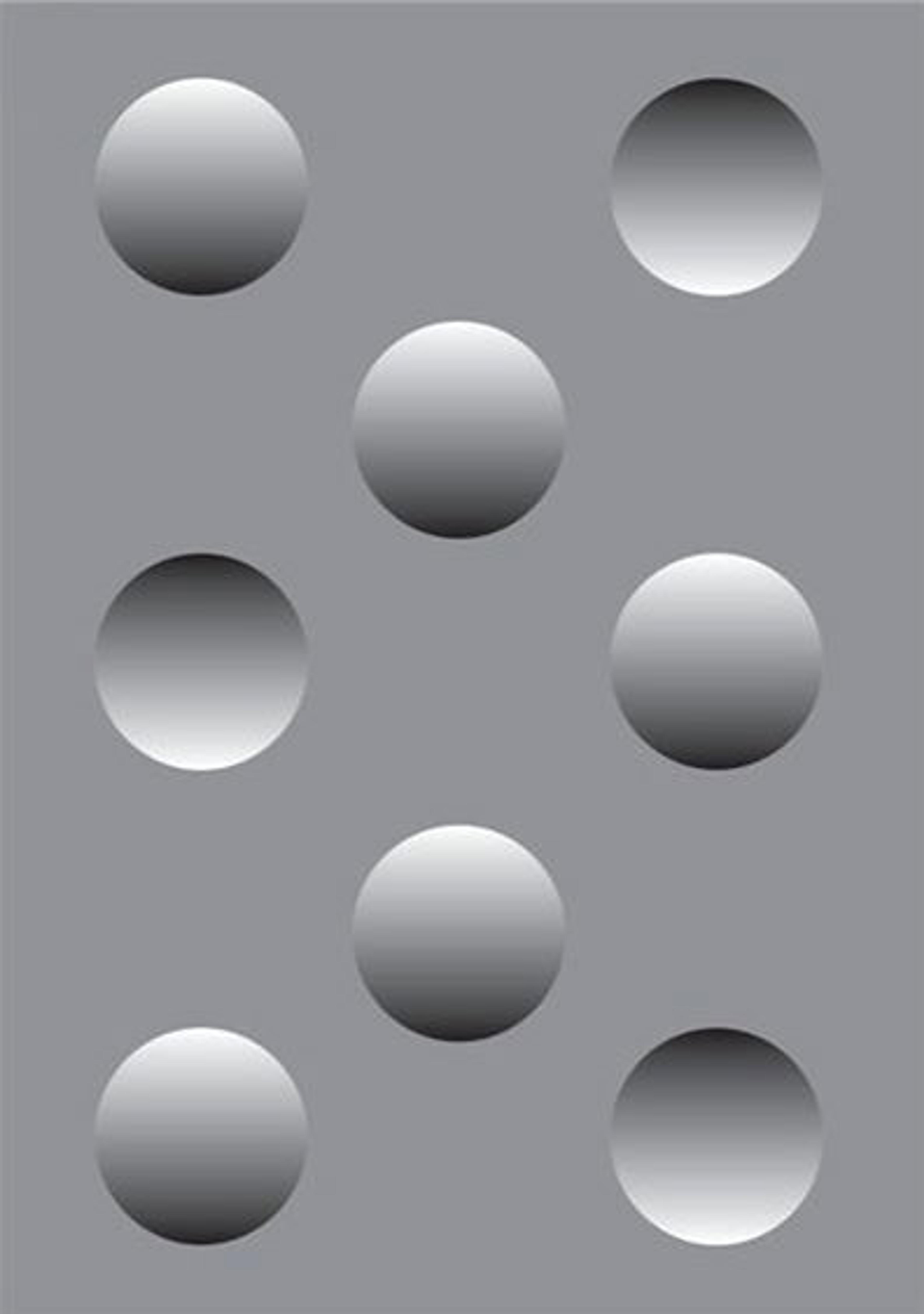
Once empty shopping malls have become the technicolour domain of artists. Photo by Hernan Cazares
We clearly see five convex knobs and three concave hollows, despite the fact we’re looking at a flat screen. Our brain creates the illusion because we expect light to come from above, and so we can infer the 3D shapes from the shading. If the shadow is at the top, we see a hollow. If it is at the bottom, we see a knob. But, for the same reason, if you turn the picture upside down you’ll see three knobs and five hollows.
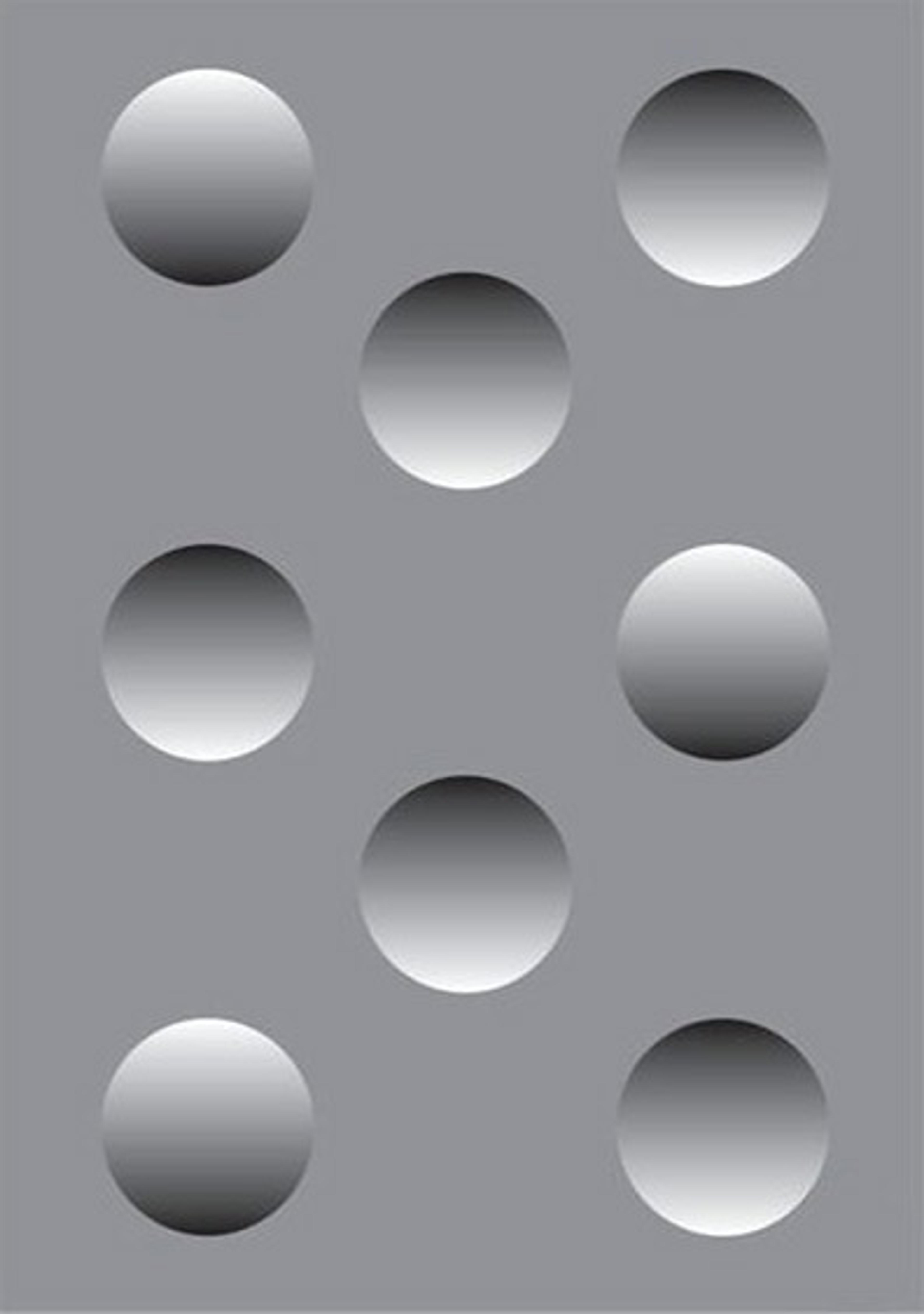
It’s the same with our experience of agency. Our inferences can be wrong. I can believe that I am acting when it’s actually someone else. Or I can believe that someone else is acting when it’s actually me.
Such illusions aren’t confined to highly contrived laboratory situations. In the 1970s, facilitated communication, or supported typing, was promoted as a teaching strategy for helping people with autism communicate with the wider world. The child’s fingers rested on the keys and the facilitator helped the child to type by detecting their intended movements. The technique was eventually discredited after many demonstrations showed that any ‘communication’ came from the facilitator, and not from the child. But the striking thing was that most of the facilitators sincerely believed that they were not the agents of these actions. Free will is not something we have, so much as something we feel.
These observations point to a fundamental paradox about consciousness. We have the strong impression that we choose when we do and don’t act and, as a consequence, we hold people responsible for their actions. Yet many of the ways we encounter the world don’t require any real conscious processing, and our feeling of agency can be deeply misleading.
If our experience of action doesn’t really affect what we do in the moment, then what is it for? Why have it? Contrary to what many people believe, I think agency is only relevant to what happens after we act – when we try to justify and explain ourselves to each other.
There are a few hints that support this view. Take the subjective experience of fluency: the easier it feels to do something, the more likely you are to think that you’re in control of the action. But we have to learn to interpret such feelings, and what other people tell us can alter the way we respond. When doing hard mental work, we have a strong sense of making an effort. Does this mean that we’ll be tired and need a rest, or that we’ll be energised and ready to keep going? If someone tells us we will feel depleted, we’ll perform badly on the task. But if we’re told we should feel energised, we’ll do well. In the same way we learn to associate certain experiences of action with a sense of agency. And it is these kinds of action that we feel responsible for.
The bond between agency and mutual accountability goes back at least as far as 300 BCE. The Greek philosophers, Epicurus and the Stoics, wanted to defend the idea of free will despite believing the universe to be pre-determined by the laws of nature. Free will has two fundamental features, they said. The first is the feeling of being in control: ‘I am the cause of this event.’ The second is a grasp of the counterfactual: ‘I could have chosen otherwise.’ Pangs of regret – something we’ve all experienced – make no sense unless we believe that we could have done something differently. Furthermore, Epicurus believed that we acquire this sense of responsibility via the praise and blame we received from others. By listening to our peers and elders, we become attuned to our capacity to effect change in the world.
Our conscious experience is what enables us to pick up these lessons. It might be surplus to requirements for most of our actions, but we certainly need consciousness when we’re reflecting on our life and discussing it with other people. For example, many children are reminded to think before they act, lest they regret it. They also learn that ‘accidents’ are more readily excused than intentional wrongs. So my grandson Ben might not really be sure whether he kicked Freya accidentally or on purpose, but he knows he’s got a better chance of getting away with it if he claims the kick was unintentional. In this way, we gradually figure out what it ‘feels’ like for our actions to be ‘deliberate’, and if all goes well, we develop into adults with a sense of responsibility about our own powers.
Given the social dimensions of agency, it’s unsurprising that the norms about responsibility vary considerably. In another time and place Ben might not get off so lightly for inadvertently kicking Freya. Certain Pacific Islander cultures, for example, believe in the ‘opacity’ of other minds – the idea that it is impossible, or at least very difficult, to know what other people think and feel. As a result, people are frequently held responsible for their wrongdoings, even when they were the result of an accident or error. Intentionality is impossible to grasp, and therefore largely irrelevant. Similarly, among the Mopan Maya of Belize and Guatemala, children and adults alike are punished according to the outcome of their actions.
What’s more, by considering our experiences and sharing them with others, we can reach a consensus about what the world and we humans are really like. A consensus need not be accurate to be attractive or useful, of course. For a long time everyone agreed that the Sun went round the Earth. Perhaps our sense of agency is a similar trick: it might not be ‘true’, but it maintains social cohesion by creating a shared basis for morality. It helps us understand why people act as they do – and, as a result, makes it is easier to predict people’s behaviour.
Responsibility, then, is the real currency of conscious experience. In turn, it is also the bedrock of culture. Humans are social animals, but we’d be unable to cooperate or get along in communities if we couldn’t agree on the kinds of creatures we are and the sort of world we inhabit. It’s only by reflecting, sharing and accounting for our experiences that we can find such common ground. To date, the scientific method is the most advanced cognitive technology we’ve developed for honing the accuracy of our consensus – a method involving continuous experimentation, discussion and replication. Ben and Freya’s debate about the meaning of action is just the beginning.
